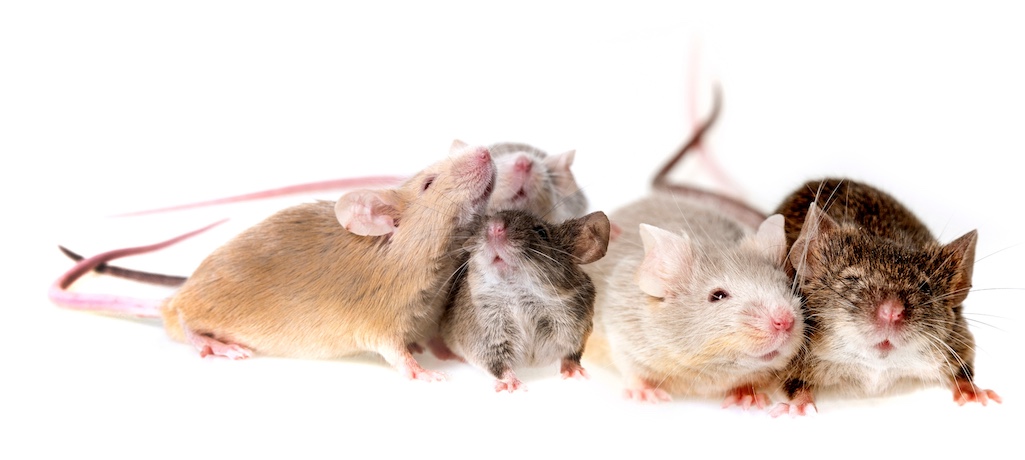
A group of scientists in Germany discovered that rats can be tickled and that they enjoy it. When tickled, the rats give off a high-pitched chirping/squeaking sound that can be heard through use of a special microphone. Their behavior and neuron activity also indicates they dig this activity.
Even more surprising, the studies revealed that the mood of the scientists affected the rats’ responses to being tickled. If a scientist was in a bad mood, the rats did not respond with the same enthusiasm.
If a scientist’s mood affects how much a rat enjoys being tickled, just imagine the impact our mood as teachers and parents on students and their learning!
If a scientist’s mood affects how much a rat enjoys being tickled, just imagine the impact our mood as teachers and parents on students and their learning!
Research has shown that emotions and moods are as contagious as cold germs! The scientific term for this phenomenon is emotional contagion (EC). Emotional Contagion is when one person’s emotions transfer to another. Anger, sadness, fear, enthusiasm, and joy are all highly contagious!
The takeaway is that your mood matters… So make it a good one! But how?
Here are for five ways to improve your mood in under 3 minutes… All you need is a mirror, a pencil, and your favorite dance song! Give them a try and see how you feel!
1. Strike the Superman Power Pose
Stand with your fists on your hips, chest out, and looking out. Hold the pose for 2-3 minutes. This pose reportedly lowers cortisol and reduces stressful feelings.
2. Heartfelt Gratitude
Put your hands over your heart, close your eyes, and think of 10 things for which you are grateful and appreciate.
3. Mirror Talk
Look at yourself in the mirror, gaze deep into your own eyes, smile, and say, “I love you, [your name]. I really, really love you.”
4. Hold a Pencil in Your Teeth
Hold a pencil with the back of your teeth for 3 minutes. This activates your smile muscles and tricks your brain into thinking you are smiling and must, therefore, be happy.
5. Dance
Put on your favorite dance song and dance like nobody is watching!
©2022 Individual Matters. All rights reserved. Feel free to republish so long as credit is given.

